
Christmas food trade is in peril as many businesses in Europe are unprepared for new Brexit rules.
Businesses across the supply chain are warning of “significant disruption” in the holiday trading period because producers in the Continent are either unaware of or unprepared for post-Brexit border changes coming into effect later this year, according to a new survey.
The government’s new trade strategy, the Border Target Operating Model, will bring a new round of controls on goods from the EU from 31 October 2023.
But a new Cold Chain Federation survey of EU food producing companies that supply goods to the UK showed more than one-third (39%) were not even aware of the new rules and timeframes proposed by the government earlier this year.
In a key change under the new post-Brexit import rules, consignments carrying goods considered medium or high risk, such as some meat, dairy and fish, will require vet-signed export health certificates.
Read more: Is Britain’s new Brexit border ready to roll?
But 41% of EU businesses surveyed said they did not have plans in place to ensure compliance with this crucial requirement.
“It is deeply worrying that well over a third of these food producing businesses supplying into the UK are not aware that these significant changes are looming,” said Cold Chain Federation CEO Shane Brennan.
“Communications from UK government to these businesses has not been good enough and it is the food retailers, hospitality businesses and consumers here in the UK who will pay the price with disruption, delays, and losses.”
The majority of the companies that took part in the survey traded either meat, dairy or fish products, which will face the highest level of checks when the TOM rolls around.
There are concerns among traders that this could result in delays in deliveries or shortages of foods like pigs in blankets. Meats including chicken, pork and beef, as well as cheese, are some of the UK’s top imports from the EU, Q1 2023 data from the Food & Drink Federation shows.
Companies have also warned of the risks to imports of eggs, particularly liquid eggs that are vital for baking and other types of food manufacturing.
The CCF survey showed only 60% of businesses planned to continue supplying to the UK with the same frequency after the new border checks are implemented.
Ten per cent of respondents plan to reduce the frequency and range of UK-based customers they serve, 7% plan to stop altogether and 22% said they didn’t know at this stage.
Read more: Brexit has pushed up household bills by an average of £250
The CCF has therefore asked ministers to move back the October deadline to 31 January 2024 in order to avoid major disruption during Christmas.
“Government must use the extra time to deliver a much wider and better resourced communications campaign, starting now, to increase awareness among EU businesses in enough time for a full implementation on 31 January next year,” Brennan said.
“By then the UK should also have a fully staffed border inspection team, enforcing the new rules but also providing support and advice for these EU importers.
“With so much stress, cost inflation and other pressures in the food supply chain this year, this marginal change in the implementation plans could make a big difference.”
In addition to health certificates and customs declarations, consignments carrying medium and high-risk goods will also be eligible for physical border checks from January next year.
The CCF study of nearly 300 EU-based food producing companies also revealed nearly 80% believed costs to their UK customers will increase as a result of the new rules.
The trade body warned these costs will be passed onto UK retailers and, ultimately, shoppers.
Read more: Fruit & veg prices to increase due to post-Brexit border checks
Food businesses had previously warned that the government’s new border strategy – and the tight timeline given by Defra to UK importers and European exporters – was likely to cause border delays and push food prices up.
Independent wholesalers and deli retailers are set to be particularly affected by the new requirements, The Grocer has reported.
“Clearly the expense and red tape involved in current groupage requirements would be a considerable deterrent to small and medium-sized businesses from sending frequent consignments,” said Provision Trade Federation director general Rod Addy.
”They may well switch trade from GB to EU member states, with a resultant loss of choice for UK consumers. If they persist, the supply chain will face higher transport and border costs. It’s hard to see, with other costs faced by the food chain, how some of these cost increases will not be passed on to consumers.”







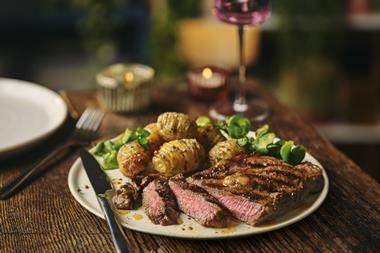
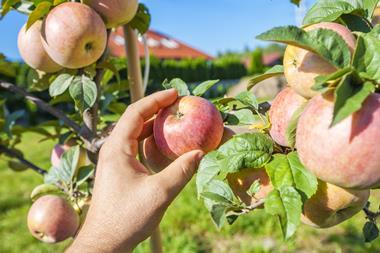

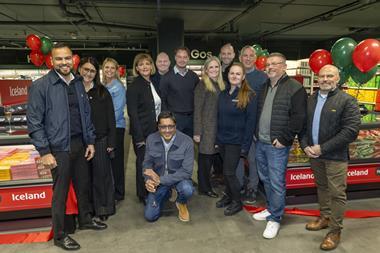
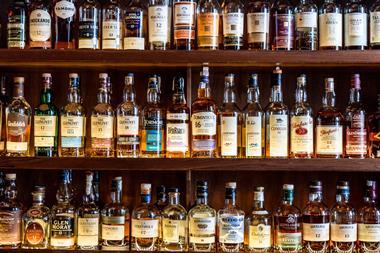



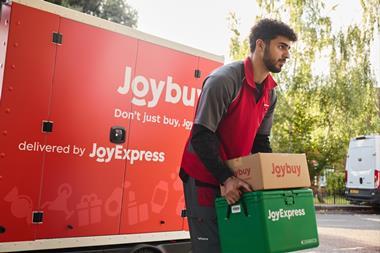



No comments yet